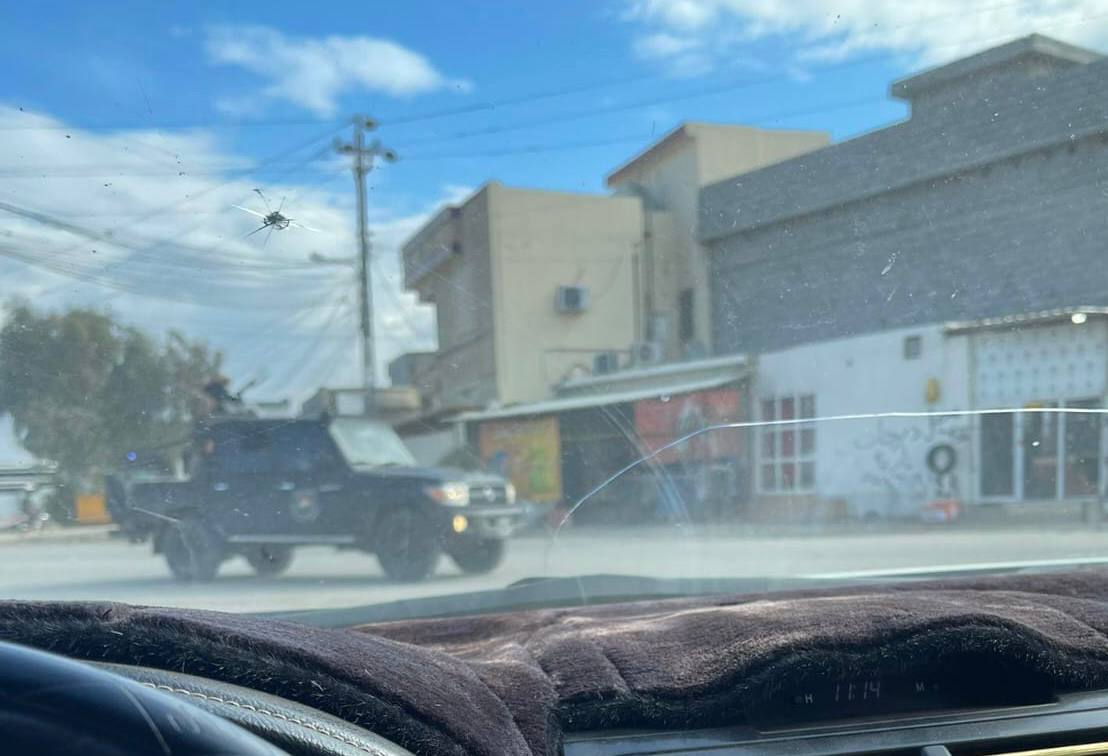A Kurdish commando force has participated in a joint military operation south of Kirkuk with the Iraqi Security Forces ISF for the first time since October 16, 2017 events.
A commando force within the 70th Forces of the Patriotic Union of Kurdistan PUK, one of the key Kurdish political parties ruling the semi-autonomous Iraqi Kurdistan Region IKR, participated in a joint operation with the Iraqi Counter-Terrorism Service ICTS south of Daquq District.
According to more than one security source in the northern, oil-rich city of Kirkuk, commando forces entered Daquq district on January 4th at night and from there to the villages located south of the district, including Lake Rukhana and Wadi al-Shay and carried out a joint operation with the Iraqi Counter-Terrorism Service.
In conjunction with the operation, a number of hideouts of militants of the Islamic State in Iraq and Syria (ISIS) were bombed by Iraqi fighters. According to a security source in Daquq district, the bombing resulted in the killing of seven ISIS militants.
The source stressed that "counter-terrorism forces and commandos entered the area after the bombing and that they had intelligence information about the presence of movements of ISIS militants in the area that was targeted."
The northern oil-rich city of Kirkuk, located 238 kilometers north of Baghdad, is an ethnically mixed province for 1.7 million Kurds, Sunni and Shiite Arabs, and Turkmen. It has long been at the center of disputed territories between Baghdad and Erbil. Kirkuk province consists of four districts, covers an area of more than 9,600 square kilometers.
Up to 2022, the attacks targeting the Iraqi army and police by roadside bombs has remarkably increased in the disputed territories, pushing the Iraqi government to review its measures.
Since the end of IS in Iraq, due to its geographical location, the area has always been a safe haven for Sleeper cells and resistant pockets of IS who were regrouping in the rural areas of the disputed territories between Baghdad and Erbil where neither ISF nor those of the semi-autonomous Iraqi Kurdistan Region IKR are deployed.
They were posing a high threat by different tactics such as hit-and-run attacks, kidnappings, snipers, IED and roadside bombs targeting the Iraqi forces and civilians.
ISIS took large swathes of land in Iraq and Syria in 2014. Following a series of bloody offensives against it, the armed group lost its territorial control in Iraq and Syria and was effectively defeated in 2017, the Iraqi government declared.
However, having changed its strategies, ISIS still poses a threat in several provinces in Iraq, particularly the disputed territories which ranges from Khanaqin northeast of Baghdad on the border with Iran across the northern oil-rich city of Kirkuk up to Shingal (Sinjar) district of Ninewa province at the west on the borders with Syria.
Meanwhile, the territorial disputes between Baghdad and Erbil, coupled with a lack of coordination between Kurdish forces and their counterparts in Baghdad, have contributed to a security vacuum that has been increasingly exploited by ISIS.
Kurdistan Commando Forces were formed years ago by the Vice President of the Kurdistan Region, Jaafar Mustafa, when he was Minister of the Peshmerga. The commandos carry out their tasks within the 70 forces of the PUK and receive orders directly from Bafel Talabani, the president of the PUK.
Commando forces returned on Friday, January 5, passing through Daquq district towards Kirkuk. (KirkukNow) obtained special photos documenting the moments of these forces’ return.
The participation of this force in the security operation in Daquq district occurred for the first time after the events of October 16, 2017, when Iraqi forces returned to Kirkuk Governorate and the disputed territories while the forces affiliated with the Kurdistan Regional Government KRG withdrew from it following the Kurdish independence referendum.





